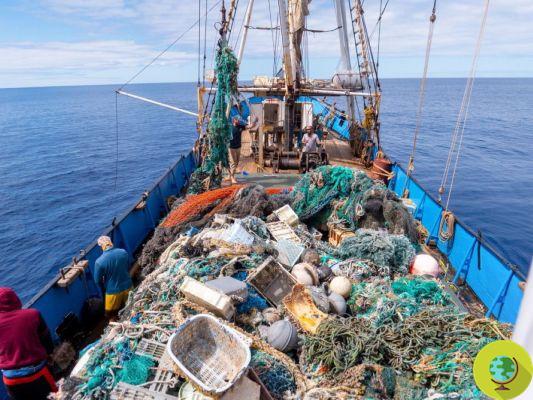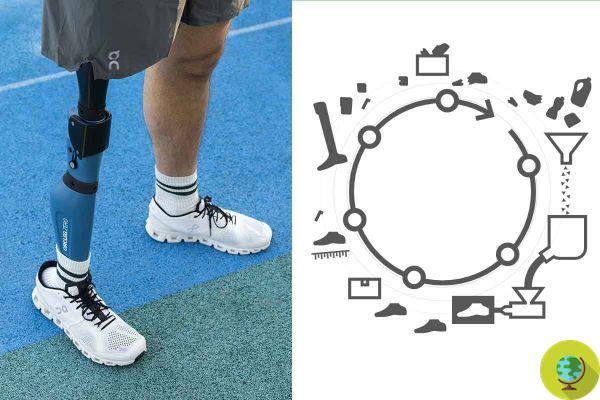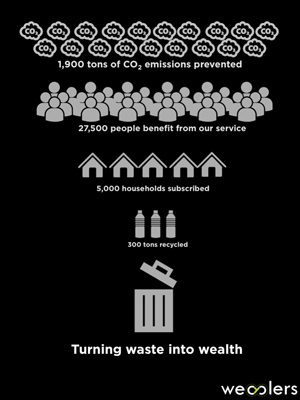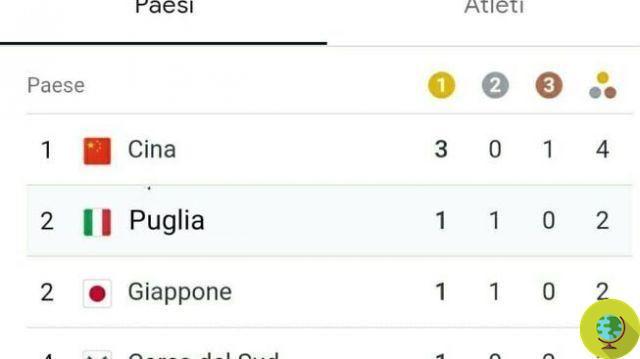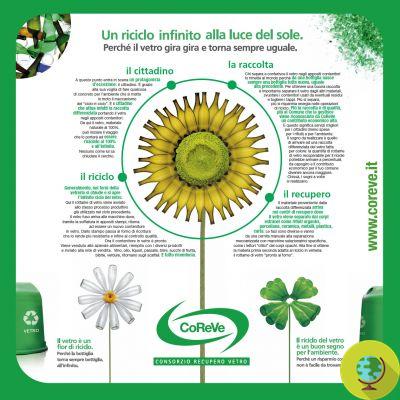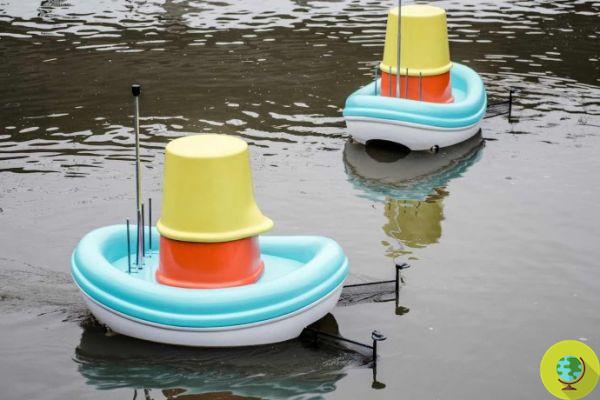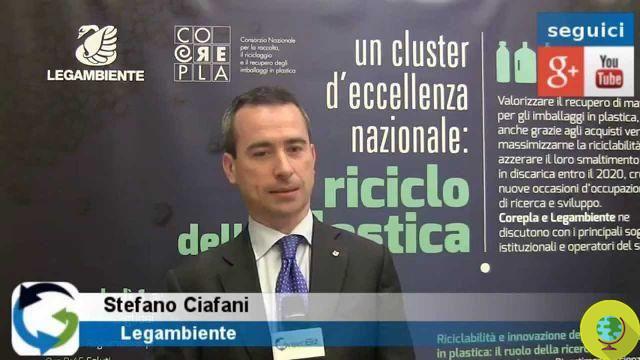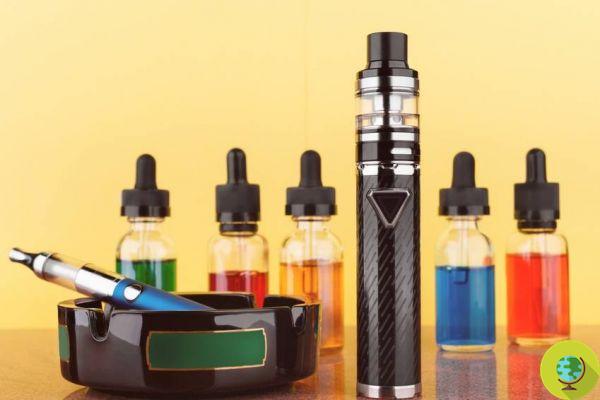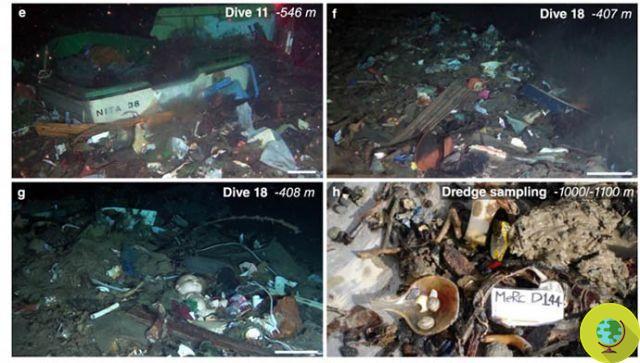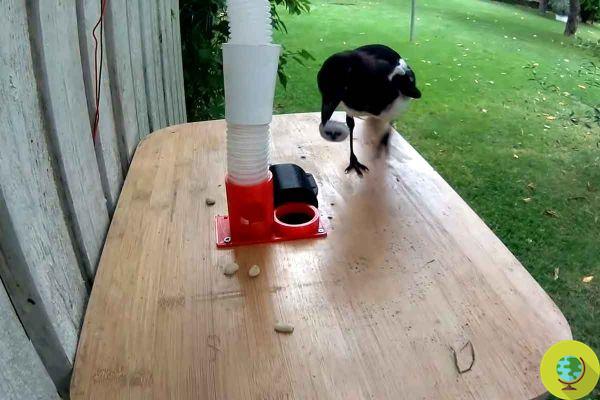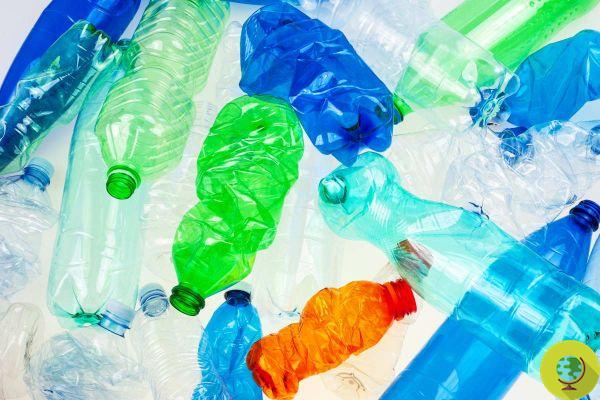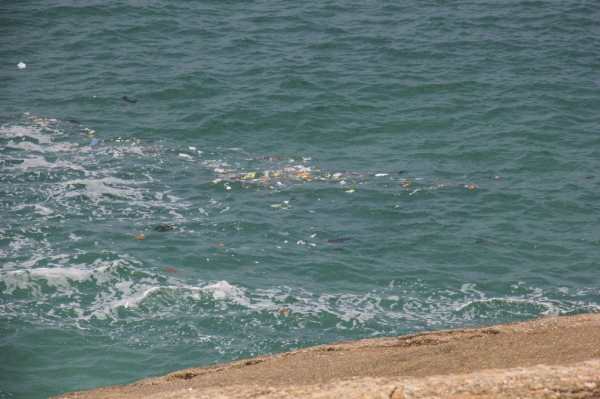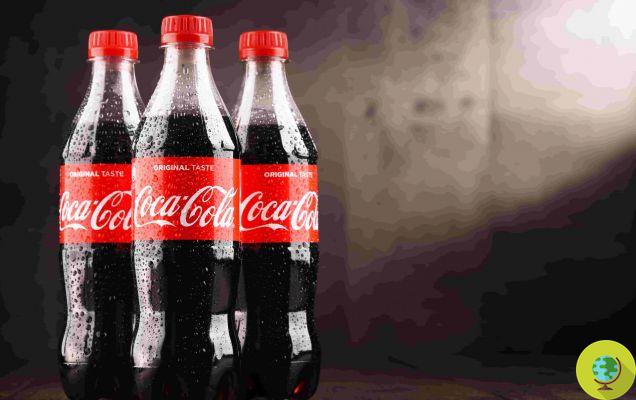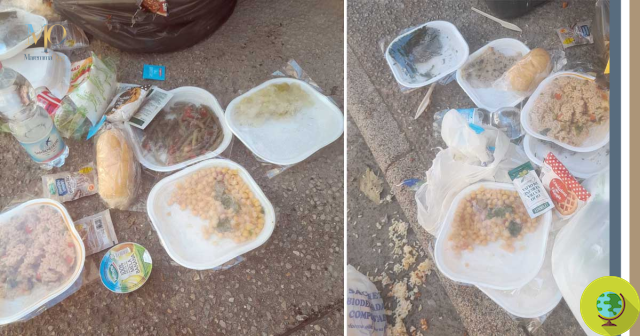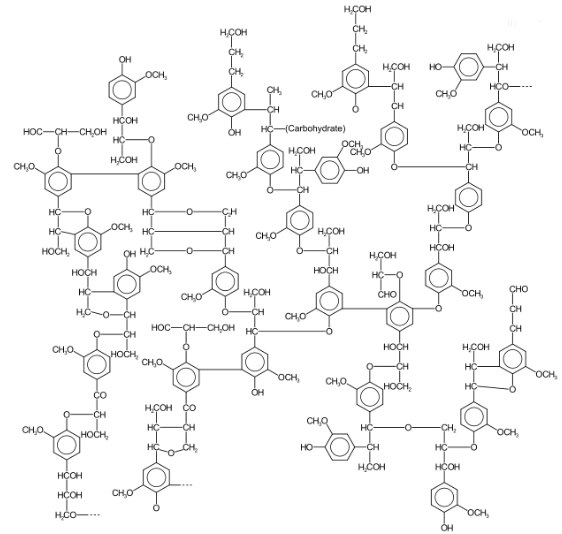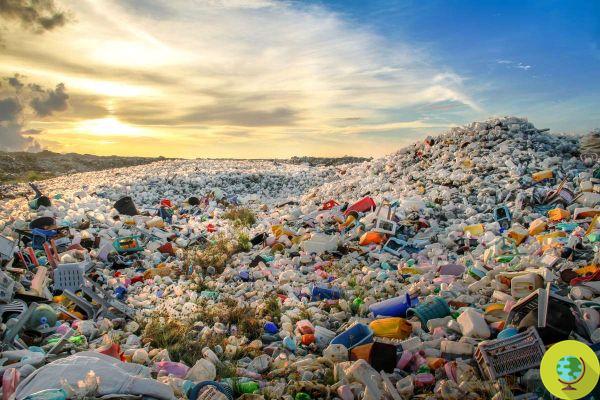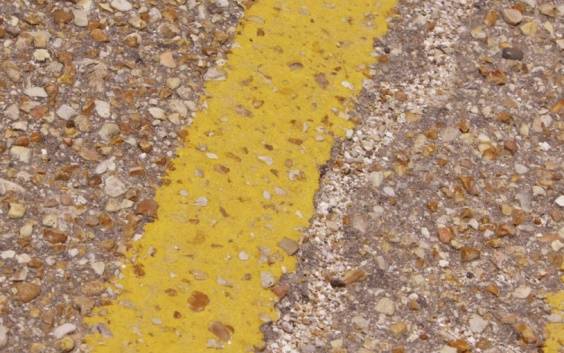After years of studying plastic recycling strategies, scientists are getting closer and closer to an effective and sustainable solution, which exploits the work of natural enzymes
La plastic it is undoubtedly the most polluting material in the world - and, at the same time, also one of the most widespread. It is estimated that more than 400 million tons of plastic waste is produced each year, the vast majority of which ends up in landfills. Practices of recycling and recovery of this material, in fact, are not yet so widespread and also present some critical issues of no small importance.
PET too, which the plastics industries pass off as 100% recyclable, it's actually not that sustainable. This material, in fact, requires a virgin plastic component to maintain its mechanical properties unaltered at the end of the recycling process - in practice, of new plastic. This is why it is so difficult to obtain new products made of 100% recycled PET.
The path towards the total recycling of this material, for the benefit of the environment and ecosystems (especially marine ones, literally invaded by plastic), began a few years ago: in 2016, a team of Japanese researchers discovered the existence of an enzyme naturally attracted to PET, which feeds on it by breaking it down within a few weeks.
This discovery was then perfected in 2020, when the first enzyme (called PETase) was joined by a second one (called MHETase) to create a "super-enzyme" capable of digesting PET up to six times faster. Unfortunately, however, in the decomposition process, chemicals that are harmful to health are released: EF and TPA, which are difficult to use for other uses than PET.
(Read also: Can plastic-eating "superenzymes" really curb our waste problem?)
Now a new study, conducted by researchers at the University of Portsmouth, has shown the existence of a particular enzyme in bacterial colonies that destroy PET and which would recognize the chemical substance called TPA: this enzyme, called TPADO by scientists, it would be able to break down TPA with surprising efficiency.
@PNAS
This new discovery puts an extra step in the 100% PET recycling process and will allow scientists to create increasingly effective "super-enzymes" in breaking down plastic material, without residues or consequences for the environment. As explained in the study, the simpler materials resulting from the breakdown process can be used by ad hoc bacteria to create new chemicals and sustainable materials.
Follow your Telegram | Instagram | Facebook | TikTok | Youtube
Source: PNAS
We also recommend:
- Microbes around the world are evolving to eat plastic, the study
- The new super-enzyme eats plastic bottles 6 times faster




